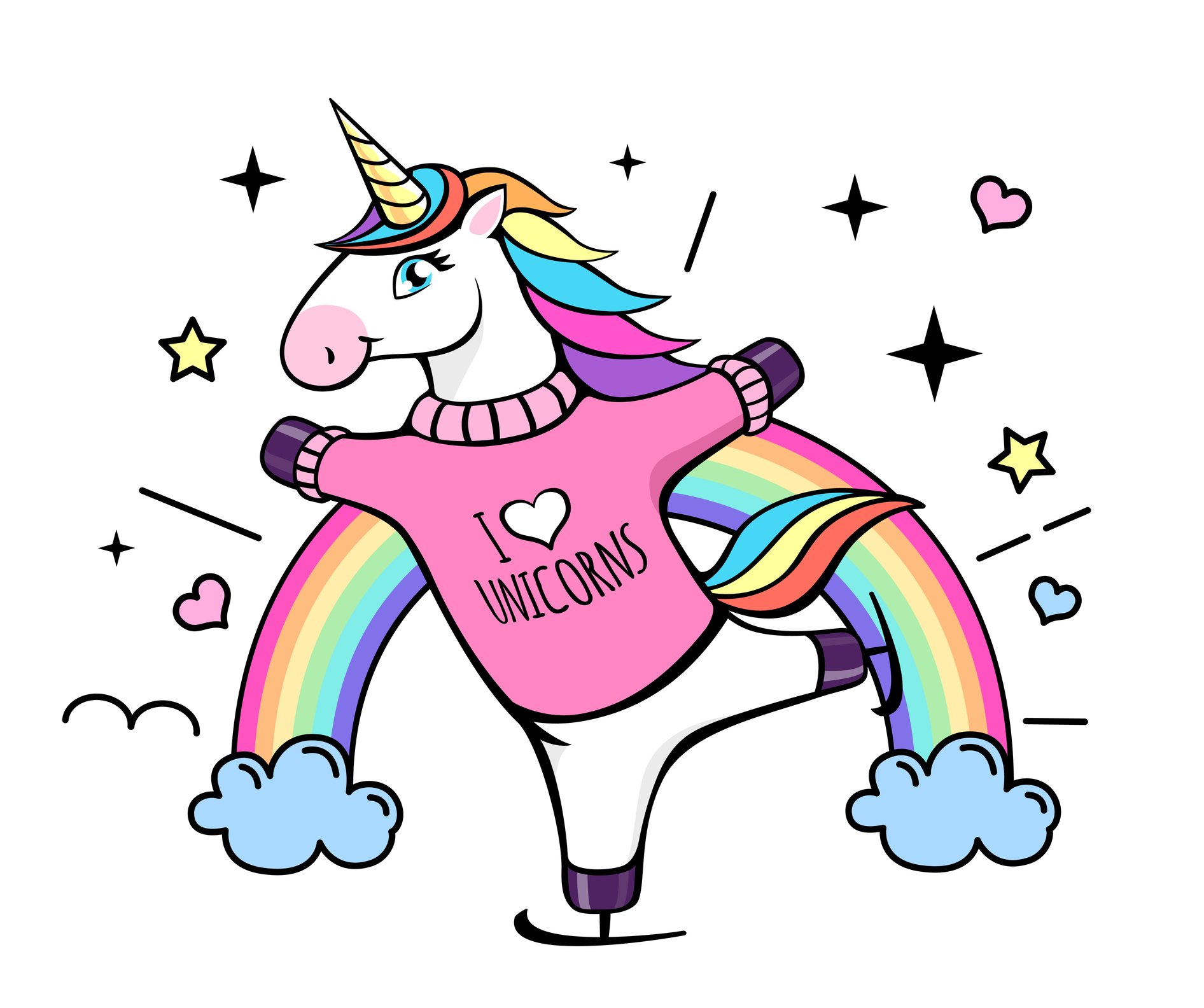Every day, Wall Street analysts upgrade some stocks, downgrade others, and "initiate coverage" on a few more. But do these analysts even know what they're talking about? Today, we're taking one high-profile Wall Street pick and putting it under the microscope...
Sometimes you see a pairing of headlines in the news that just demands you write a story -- and that happened to me this morning.
On Tuesday, StreetInsider.com reported that analysts at Dougherty & Co. are recommending that investors buy shares of Rosetta Stone (RST +0.00%), the maker of language learning software. There wasn't a whole lot of detail in the story, unfortunately -- really, just the fact that the buy rating was awarded, and that Dougherty thinks Rosetta Stone stock that sells for $16 today should be worth $20 within a year.
Last night, there was a different story that came out on Ars Technica, describing the Ad Astra private school that Tesla CEO Elon Musk has set up for his children and a few select peers within the headquarters of SpaceX (which he also runs). Here, students study engineering, math, science, and ethics. However, foreign languages are not taught "because Musk believes we will all soon have immediate, real-time computer-aided translation."
Which, if true, would be kind of a bummer for Rosetta Stone's business model.

Image source: Getty Images.
Two thinkers -- but which one thinks better?
And right there you see the story. On the one hand, we have an analyst on Wall Street predicting bright days ahead for Rosetta Stone. On the other, you have one of the most visionary businessmen on the planet saying there's no future in language learning at all.
So which of these thinkers thinks better? Many investors think Elon Musk is magic, and for good reason. In the space of just a few years, Musk and Tesla have remade the automobile industry and forced internal combustion engine giants like Ford and GM to invest billions of dollars into electric vehicles of their own. He's cut the cost of space launch, and is preparing to build Chicago a 150 mph subway system.
When it comes to seeing the future and making it happen, there's no one quite like Musk.
As far as Dougherty & Co., our CAPS analyst-tracking software has this banker pegged for 40% accuracy on its stock picks, and just barely ranked in the top half of investors we track -- which doesn't say much for its stock-picking ability. (Nor, I might add, does the fact that Dougherty waited until Rosetta stock had already run up 44% over the past year to tell people to buy it.)
Praising the past, predicting the future
Investors who bought into Rosetta Stone before Dougherty discovered it can give themselves a pat on the back for their foresight. As for new investors, though, who may be looking at buying the stock for the first time based on Dougherty's say-so, how should they be looking at the stock?
Here's a quick review, as I look at the numbers today:
Over the past five years, Rosetta Stone's sales have declined steadily from a high of $273 million reached in 2012, to just $185 million last year. Sales ring in at only $180 million for the last 12 months, by the way, which suggests to me Rosetta is on course for a sixth straight year of declining sales.
Earnings-wise, Rosetta Stone hasn't earned a penny in more than seven years -- losing $220 million instead. The company has negative trailing free cash flow, and analysts polled by S&P Global Market Intelligence see Rosetta Stone losing money this year, next year, and really, as far out as their predictions go into the future -- even under lenient pro forma accounting standards.
The upshot for investors
I have to say that none of this sounds particularly promising for new Rosetta Stone investors being able to earn Dougherty's promised 25% profit for buying Rosetta Stone stock -- or for existing shareholders holding onto their winnings, either. On top of what these numbers tell us, we see continuing strength from such free language learning business models like Duolingo, which is already valued at a market cap twice as great as Rosetta Stone's.
Now, to top it all off, Elon Musk is saying that language learning may be irrelevant, period, and that students are better off studying just about literally anything other than foreign languages, because in the bright future world of tomorrow, Google Translate will be doing all our translating work for us.
That doesn't bode well for Rosetta Stone's ability to earn much profit from teaching languages in the future. If you own it today, I'd suggest you're best off selling it before tomorrow arrives.





